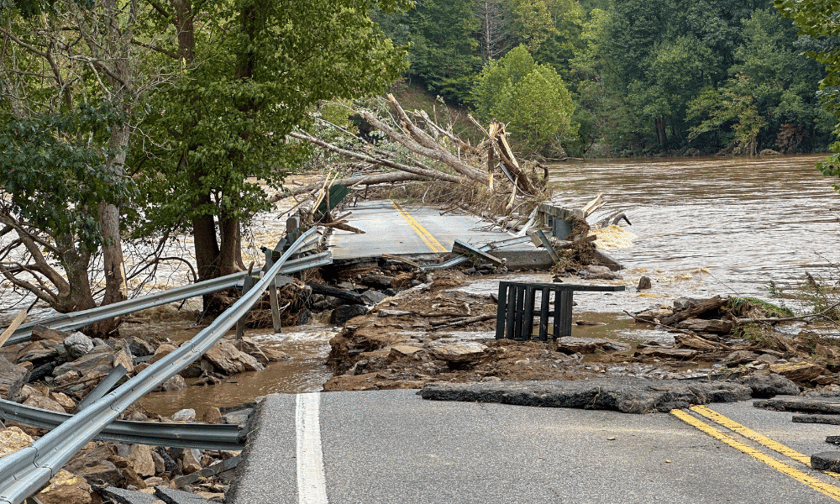

Natural disasters caused US$368 billion in economic losses worldwide in 2024, with 60% of these damages uninsured, according to Aon’s newly released 2025 Climate and Catastrophe Insight report.
The report highlights the increasing financial burden of extreme weather events, driven by hurricanes and severe convective storms in the United States. 2024 marked the ninth consecutive year where global losses exceeded US$300 billion.
Insured losses also reached US$145 billion, making it the sixth costliest year on record for insurers.
Hurricane Helene was the most destructive event of 2024, causing US$75 billion in damages and resulting in 243 fatalities when it made landfall in the US in September. It was closely followed by Hurricane Milton in October, which contributed US$20 billion to insured losses. Overall, the United States accounted for 78% of global insured losses, with severe convective storms further driving up costs in regions such as Dallas, Houston, and Denver.
The report notes a growing trend of billion-dollar disasters, with at least 54 events surpassing that threshold in 2024, compared to an annual average of 44. This rise is attributed to population growth, urban expansion, and increased wealth in areas vulnerable to natural hazards.
Aon also emphasized the continued protection gap, with US$223 billion in damages left uninsured, underscoring the financial vulnerability faced by communities, governments, and businesses in the aftermath of disasters.
In addition to financial losses, the human cost of natural hazards remains significant, though fatalities in 2024 were below historical averages. Around 18,100 lives were lost globally, with most deaths caused by heat waves and flooding.
Advances in warning systems, weather forecasting, and evacuation planning have contributed to fewer casualties compared to the 21st-century average of 72,400. However, the report warns that the increasing frequency and intensity of extreme weather events, compounded by 2024 being the warmest year on record, pose ongoing challenges.
“The devastating events of 2024 underscore the significant economic toll of climate risk… The $223 billion in uninsured losses in 2024 challenges the ability to rebuild, recover and create more resilience across the globe,” Aon CEO Greg Case said.
Andy Marcell, CEO of risk capital for Aon, called for greater collaboration between stakeholders.
"The insurance industry – and broader financial community – has the opportunity to bring new sources of capital to protect vulnerable communities and create greater economic resilience. The collaboration between various stakeholders will be crucial in developing public-private partnerships and innovative insurance products that offer a sustainable way of closing the protection gap,” Marcell said.
